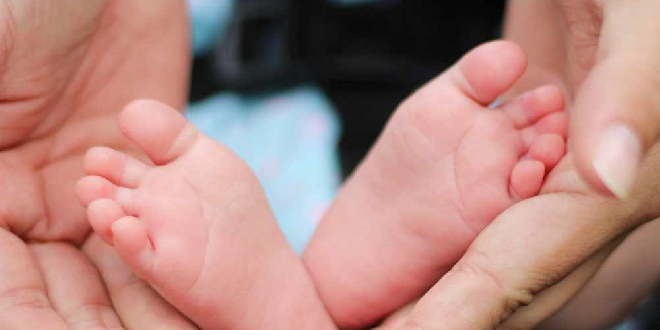
Perth is in the midst of a baby recession with the number of births dropping to the lowest level in almost two decades.
Data from KPMG Australia has revealed just over 25,000 babies were born in the Greater Perth area in 2023, a significant reduction from the 2021 post-pandemic spike which saw 27,580 babies born.
The number of births in 2023 was the lowest since 2006.
KPMG Urban Economist Terry Rawnsley said weak growth in the economy often leads to reduced birth rates, but that current cost-of-living pressures are having a particular strong impact.
“We haven't seen such a sharp drop in births in Australia since the period of economic stagflation in the 1970s, which coincided with the initial widespread adoption of the contraceptive pill," he said.
Mr Rawnsley said with the rise of living expenses Perth residents are delaying starting or expanding their families.
"This combination of the pandemic and rapid economic changes explains the spike and subsequent sharp decline in birth rates we have observed over the past four years," he said.
“This is against the backdrop of a long-term decline in the total fertility rate, which has declined from over 2 children per woman in 2008 to 1.6 in 2023."
Despite births across Perth trending down, some suburbs recorded strong fertility rates in 2023.
Baldivis came in at second with a fertility rate of 2.25 and 245 births.
All ten of the suburbs in Perth with the highest fertility rates are located in the outer regions of the city.
“Young families are being pushed to the edges of the Perth where there is cheaper housing that can accommodate their children,” Mr Rawnsley said.
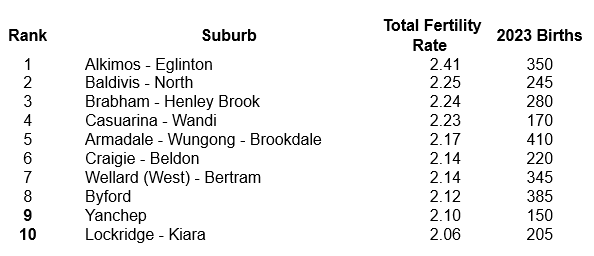
Perth suburbs with the highest fertility rates. PIC: KPMG Australia



 Fresh new look for Roger May Machinery Museum
Fresh new look for Roger May Machinery Museum
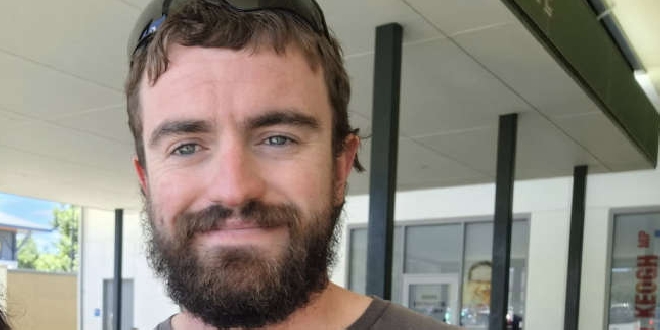 Tragic end to search of missing FIFO worker
Tragic end to search of missing FIFO worker
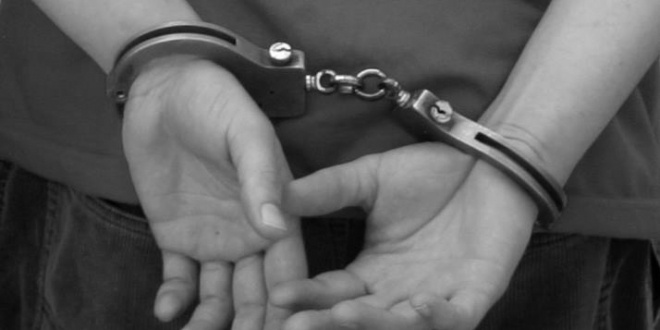 Accused arsonist charged over Bertram fires
Accused arsonist charged over Bertram fires
 Bondi Beach Statement
Bondi Beach Statement
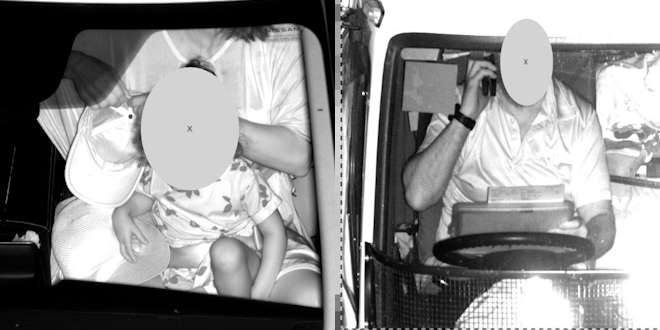 Police issue 31,000 driving infringements in first month of new AI cameras
Police issue 31,000 driving infringements in first month of new AI cameras
 Works underway on Rockingham and Safety Bay High School redevelopments
Works underway on Rockingham and Safety Bay High School redevelopments
 New measles exposure sites revealed in Bunbury
New measles exposure sites revealed in Bunbury
 Dawesville man charged after allegedly leaving his elderly Great Dane to suffer painful conditions
Dawesville man charged after allegedly leaving his elderly Great Dane to suffer painful conditions
 Good Samaritan sought by police after helping teen during robbery in Baldivis
Good Samaritan sought by police after helping teen during robbery in Baldivis